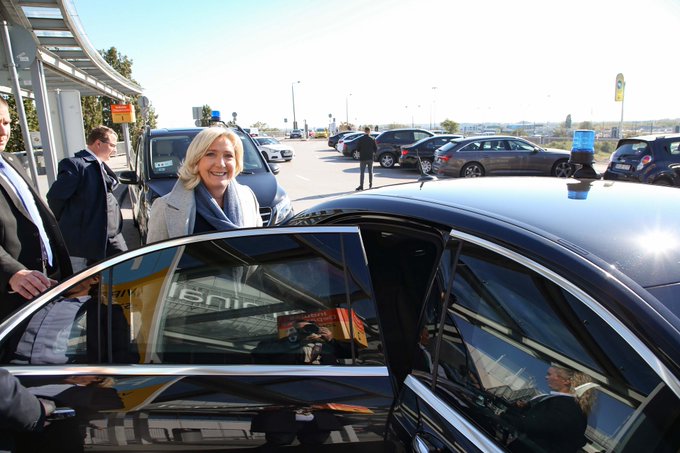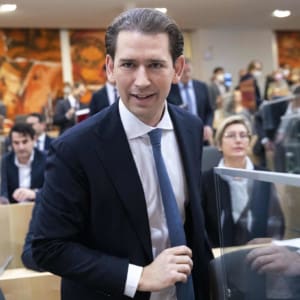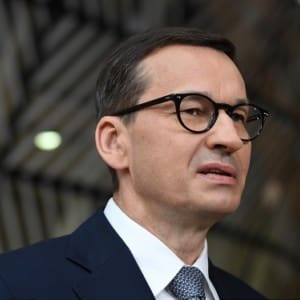Last month, Marion Maréchal, director general of the ISSEP French political school, and the publicist and writer Éric Zemmour, the as of yet unofficial presidential candidate, arrived in Budapest for the Demographic Summit, which is designed to address the troubling demographic situation facing Europe.
If you want to be a French president — especially after the country has not had a right-wing leader for two election cycles — it is worth coming to Budapest for some good advice. Le Pen and Zemmour are both popular, and it remains to be seen which of them will eventually be the most likely candidate, but one thing is certain: if they want to win, they have to talk about what people are interested in.
Central to both of them is curbing immigration and tackling integration problems, which are both deep and very topical issues. Even if politicians shy away from these problems or deny their weight, these must be addressed instead of mislabeling them and coming up with fake solutions.
According to a recent survey unveiled by BFM News last week, immigration and public safety are among the top three concerns of the French. However, the number one campaign theme in which they expect meaningful answers is the evolution of their purchasing power. According to the research on this topic, none of the candidates expressed a strong opinion, which is a problem. Political debates need to be bold, but at the same time they need to pay attention to what questions people are waiting to be answered.
European politicians need to think, because there will be more and more questions. High fuel prices, a reduced standard of living, and shaky household finances are worries that are also becoming more serious in Western Europe, while liberal leaders and bureaucrats are blowing up political balloons. They are putting pressure on Hungary and Poland, wanting to punish, divert attention and pursue endless proceedings at the same time, keeping the subject on the agenda. People are mostly bored of this and reluctant to engage in this hysteria, but no matter how long they blame Poles and Hungarians, public safety will not be better and gas will not be cheaper.
Europe is making a fool of itself if it does not address the real problems and if it is unable to regain its competitiveness.
In a recent analysis, CNN was of the opinion that while Vladimir Putin had to fear Western criticism for ten years, he could now make a mockery of the fiascos in Syria, Afghanistan and Libya.
Going back to the French, we can remember that years ago Emmanuel Macron defined his own image of Europe against Viktor Orbán. He already acknowledged the influence of the Hungarian head of government, especially by becoming occasional allies in key issues of EU policy. Paris should pay attention to Budapest and vice versa. Let us hope that the leaders of the French right take some Hungarian ideas home.
And let us also hope that serious steps are being taken to join forces with sovereign forces. Time is growing short.






